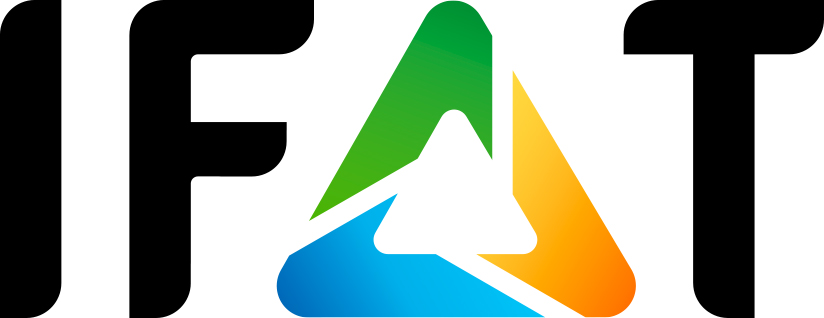Digitalization in water management
Digital transformation affects all areas of our lives – including, of course, water supply and wastewater treatment. For example, smart sensors can monitor wastewater networks and improve their utilization. Artificial intelligence can be used in semi-automatic processes to assess the condition of sewers and manholes. By networking processes in wastewater treatment we can open up potentials to increase efficiency. Digitized platforms that combine geographical information, simulation, and data analysis tools can help water utilities operate drinking water networks even more economically. Building Information Modeling methods facilitate coordination processes in the planning, construction, operation, and decommissioning of water management facilities. Augmented reality simplifies the transfer of information in education and training and when learning how to use new devices and systems.
However, in this context, it is also important to note that drinking water and wastewater facilities are considered critical infrastructure. Therefore, against the backdrop of increased cyber attacks, IT security and data protection are very significant issues.
